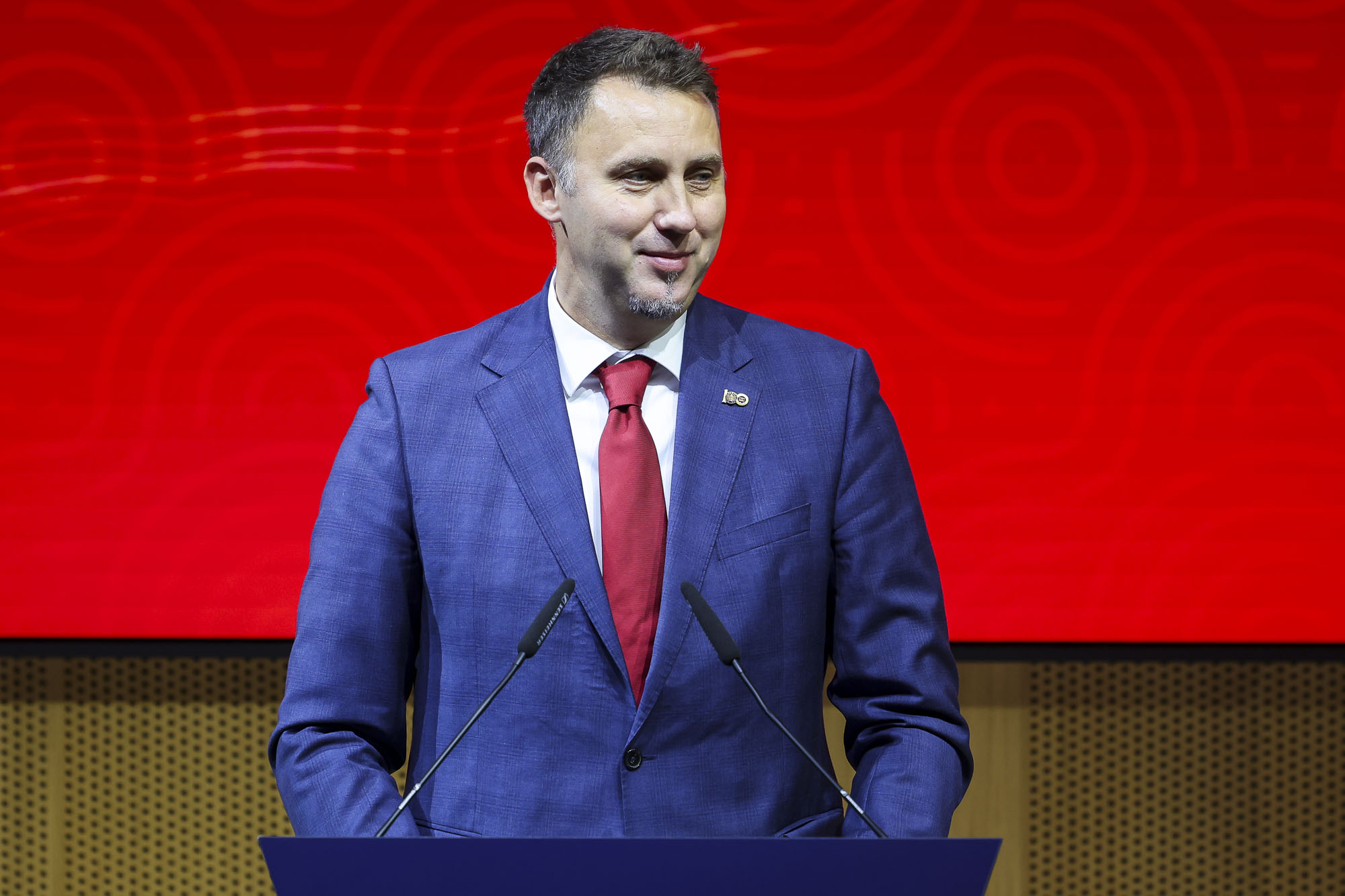
The MNB launched the Budapest Renminbi Initiative Conference at the end of March 2015 in connection with the central bank’s Renminbi Program to strengthen ties between PBoC and MNB. The aim of the Budapest Renminbi Initiative is to take advantage of the growing international weight of the renminbi, to strengthen Budapest's regional role in the Chinese-Central European economic relationship and to strengthen Chinese-Hungarian foreign economic relations.
The main topics of this year's conference were the role of green finance in the internationalisation of RMB and the present and future of Sino-Hungarian financial cooperation under the Belt and Road Initiative. The topics discussed were made even more topical by the fact October the 6th marked the 75th anniversary of the establishment of diplomatic relations between Hungary and China.

In his opening speech, Barnabás Virág, Deputy Governor of the central bank, stressed that new perspectives have opened up in Hungarian-Chinese relations. He said that both Hungary and China have recognised the importance of green finance. According to Barnabás Virág, Hungary's accession to the BRI has allowed bilateral trade to boom and major infrastructure projects to be launched, and has strengthened Hungary's role as a bridge between East and West. He stressed that the cooperation is a "win-win" for both parties - Hungary benefits from the investments and projects, while Chinese financial institutions gain access to a dynamically growing market. In his speech he also pointed out that the BRI will increasingly focus on sustainable development in the future.
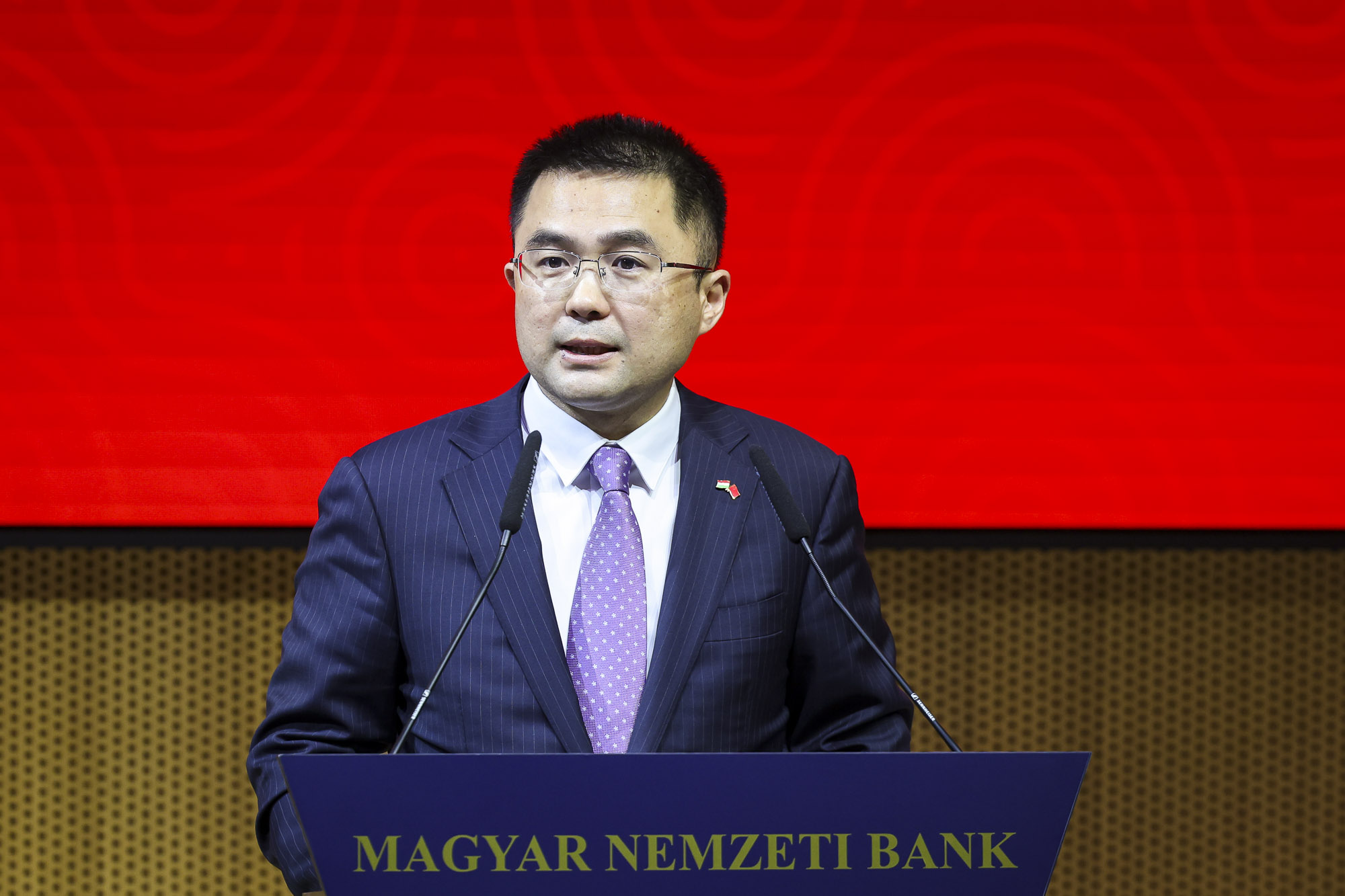
Yang Chao, Minister Counsellor of the Embassy of the People’s Republic of China to Hungary, called the visit of Chinese President Xi Jinping in May a great success, where an agreement was reached to take the strategic partnership to an even higher level, opening a new era in the relationship between the two countries. He said that the strengthened cooperation between the MNB and the PBoC also played an important role in strengthening ties. He recalled that in 2017, Hungary was the first foreign sovereign Green Panda bond issuer to enter the Chinese bond market. The strengthening of relations is also reflected in the fact that there are now 21 direct flights a week between China and Hungary, Hungary plays an important role in rail freight transport, and the presence of the Hungarian Export Promotion Agency (HEPA) in China is growing, not to mention that in 2023, China was the largest source of foreign investment in Hungary. Yang Chao stressed that there are also many opportunities for progress in investment, trade and tourism.
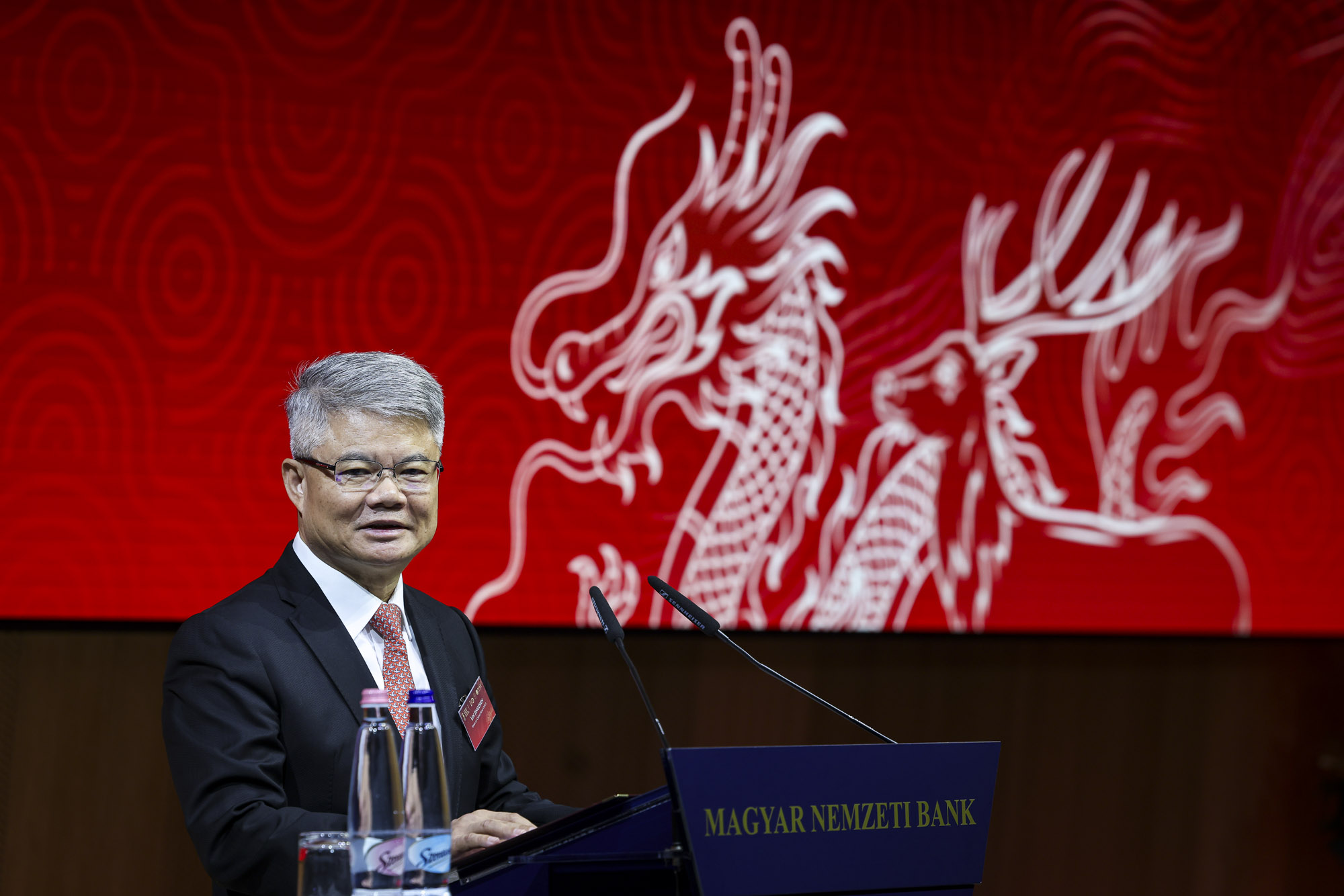
In 2015, Hungary became the first European country to join the BRI, which has not only boosted bilateral relations but also the use of the renminbi," recalled Lin Jingzhen, Executive Director and Executive Vice President of the Bank of China. Besides the Green Panda bond, the director also highlighted the swap agreement between the Chinese and Hungarian central banks. He also pointed out that the Bank of China has been present in Hungary for 27 years and cooperation in the field of digital finance is continuously strengthening too. He said that China's participation in the construction of the Hungarian 5G network has also further strengthened trade relations.
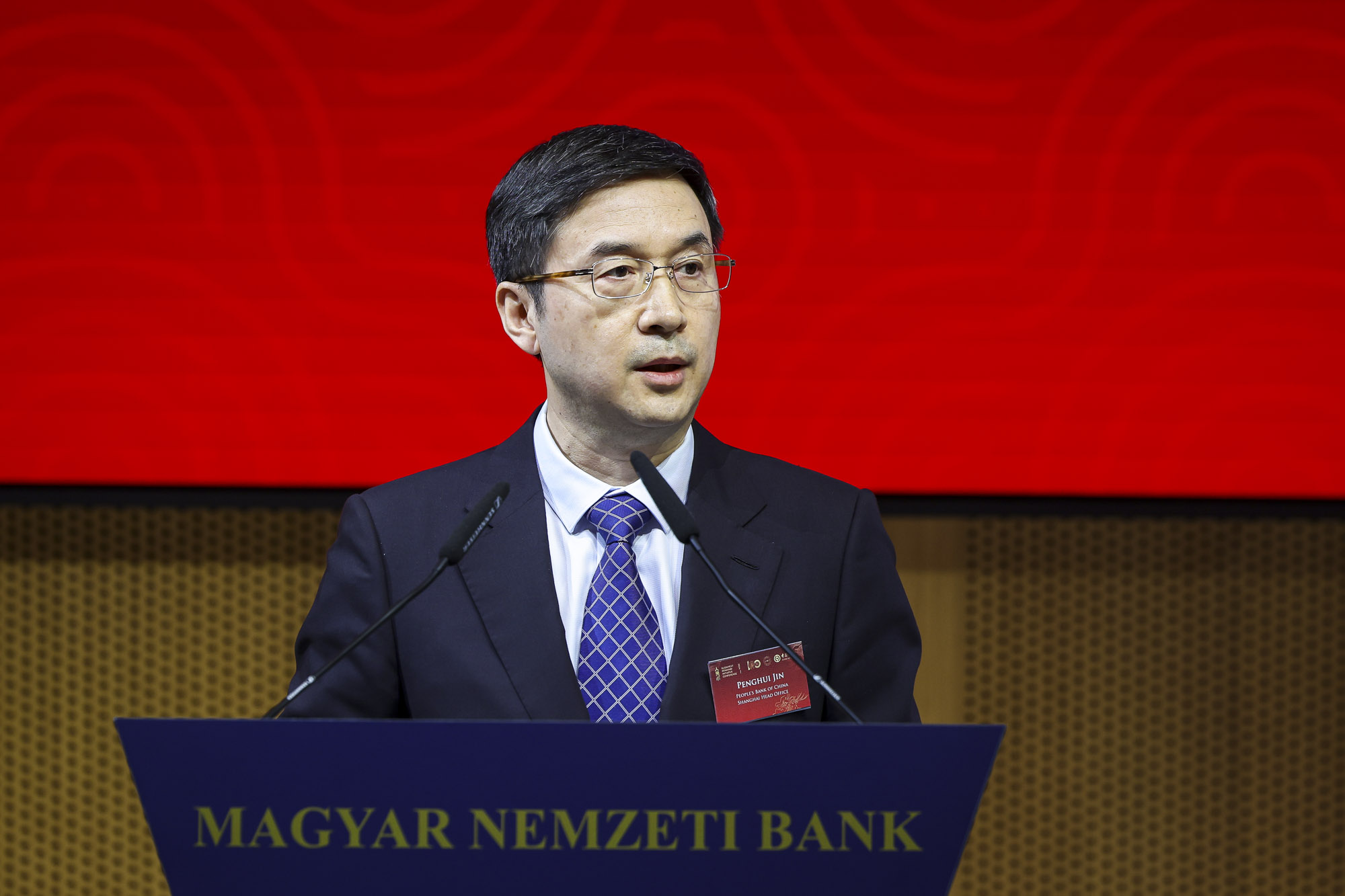
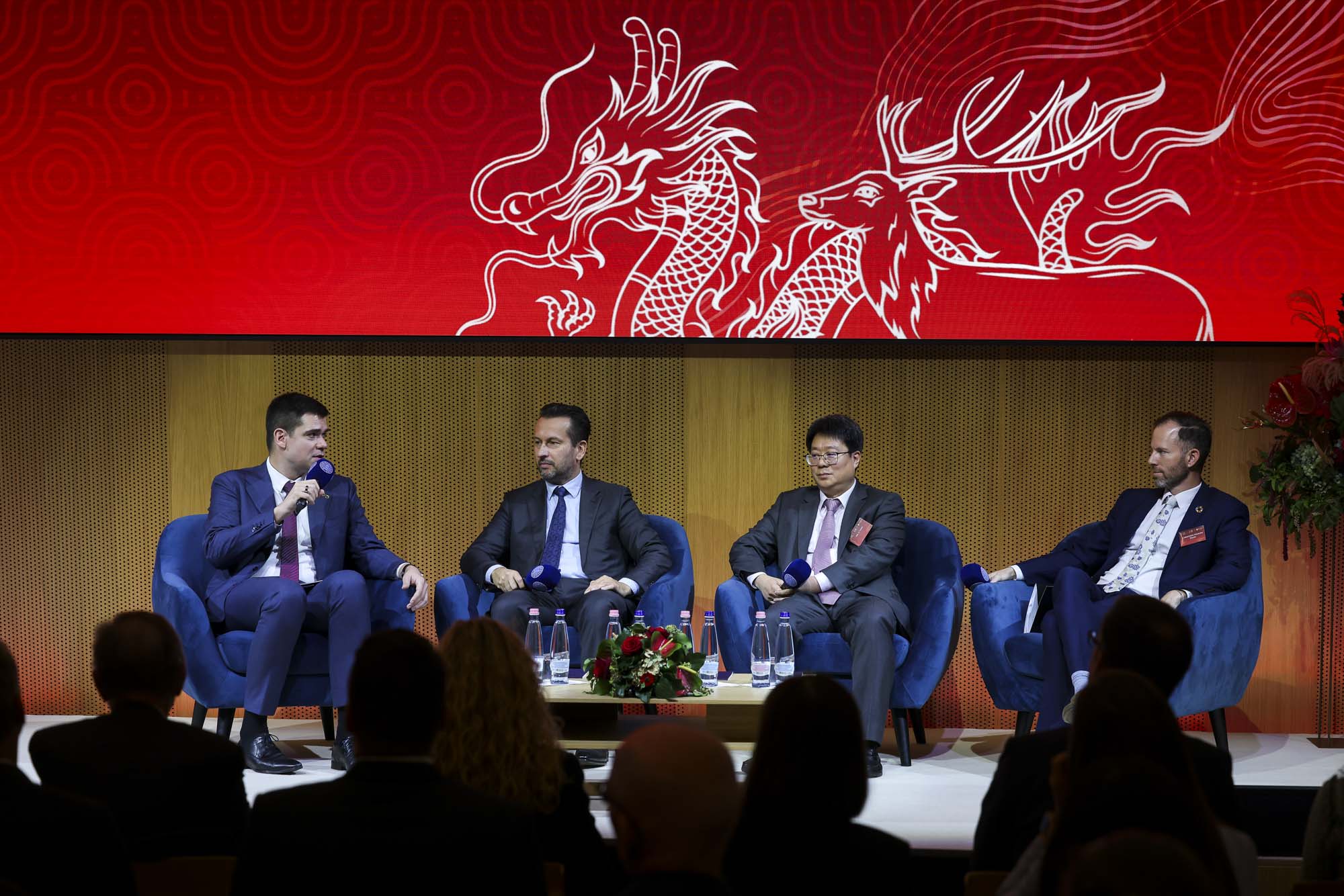
The panel discussion was attended by Zoltán Kurali, CEO of the Government Debt Management Agency, Li Feng, Deputy General Manager, Industrial and Commercial Bank of China (Europe), and Christoph Nedopil Wang, Founding Director of the Green Finance & Development Center at Fudan University and Director of the Griffith Asia Institute at the Griffith University, and moderated by Ádám Banai, Executive Director of the MNB.
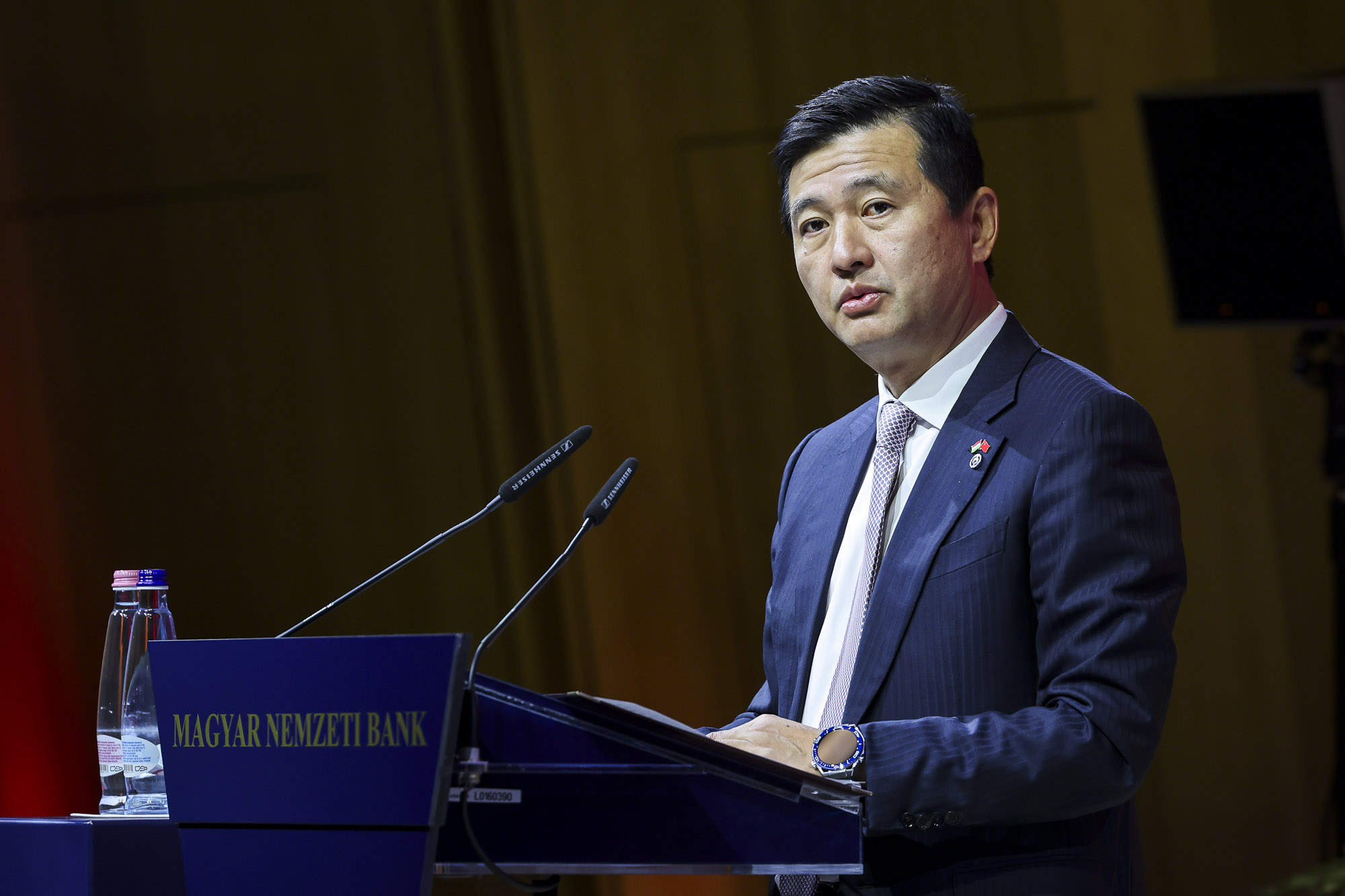
In his opening speech at the second panel, Li Kexin, CEO of Bank of China (CEE), spoke about the achievements of Hungarian-Chinese cooperation and how the financial system can be shaped to meet the needs of future-proof investment in China and Hungary under the BRI umbrella.
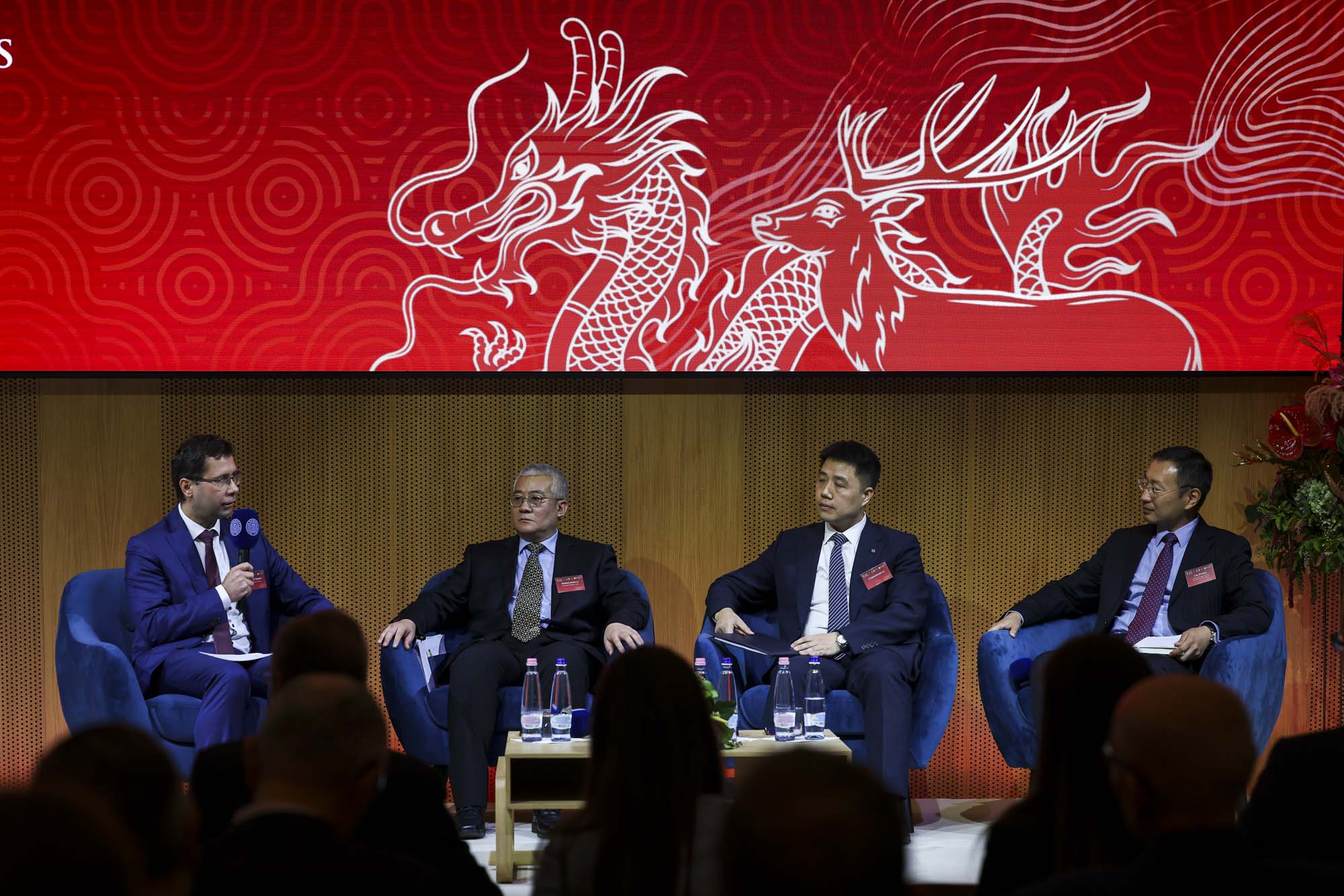
The panel discussion on Hungarian-Chinese financial cooperation and the BRI was attended by Li Hongcheng, Assistant President of the Silk Road Fund, Li Chengxiang, Head of RMB Business of Economics & Strategic Planning Department at the Bank of China (Hong Kong) and Zhang Lin, Senior Investment Manager of CATL, and moderated by Gergely Baksay, Executive Director of the MNB.
The author is deputy editor-in-chief of Eurasia
All photos by Róbert Hegedüs